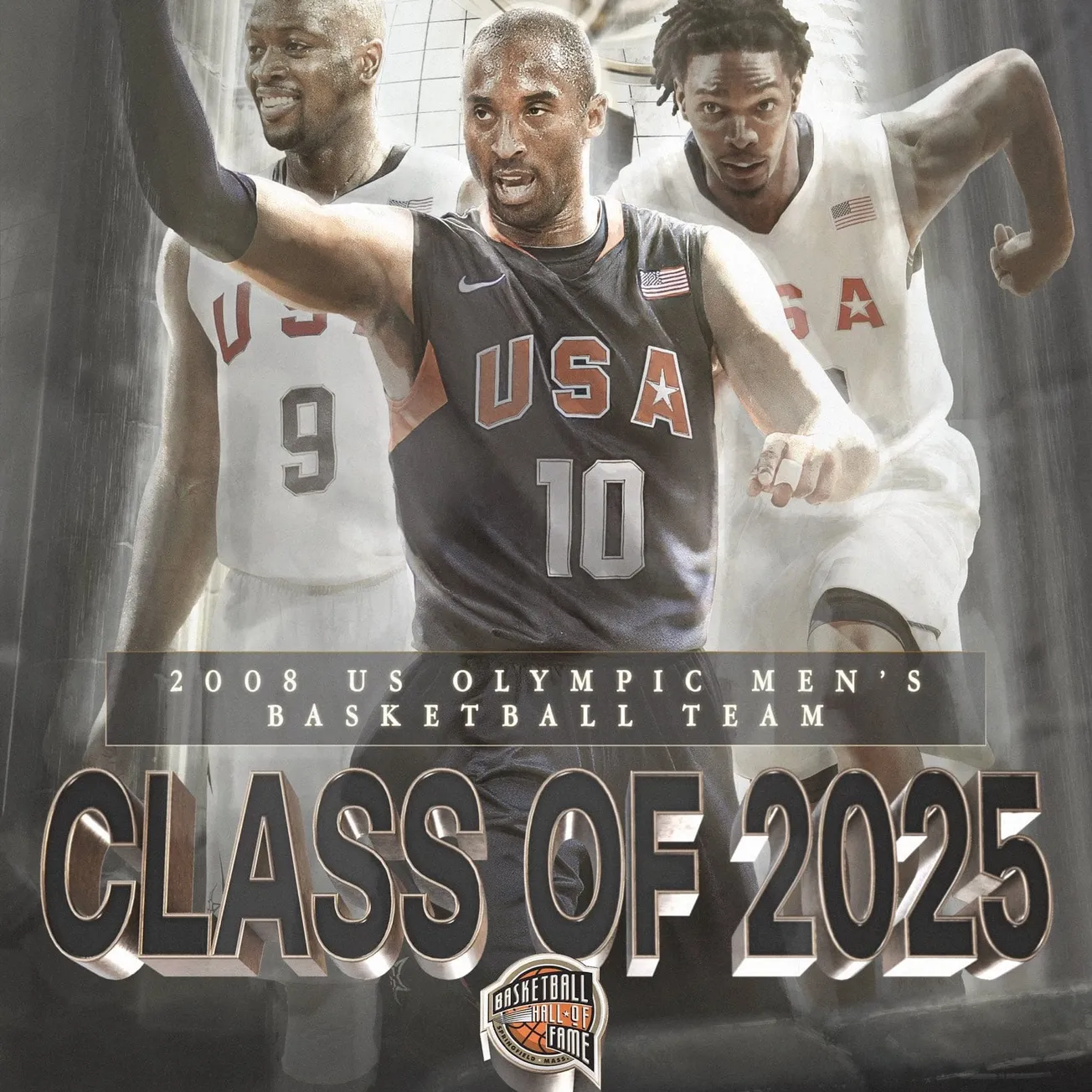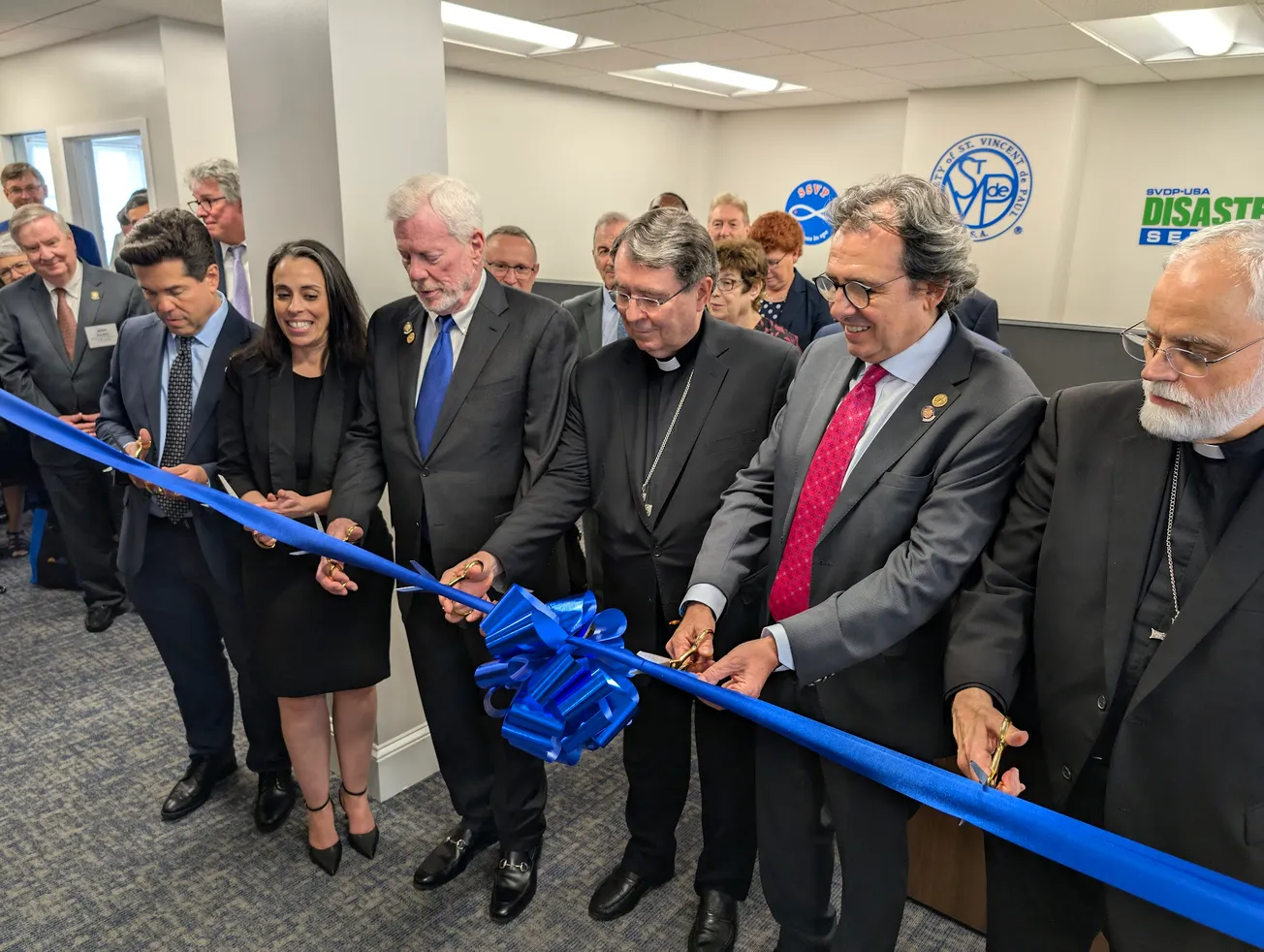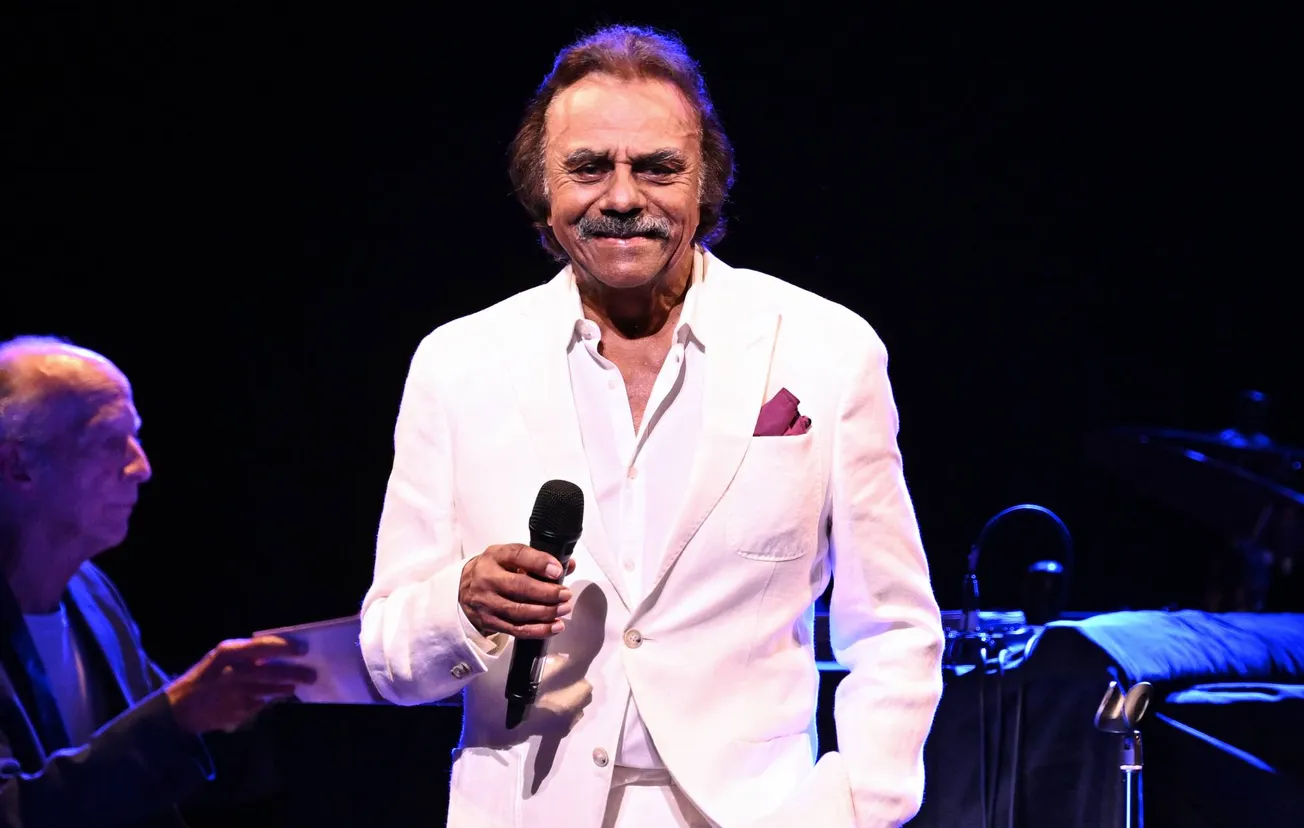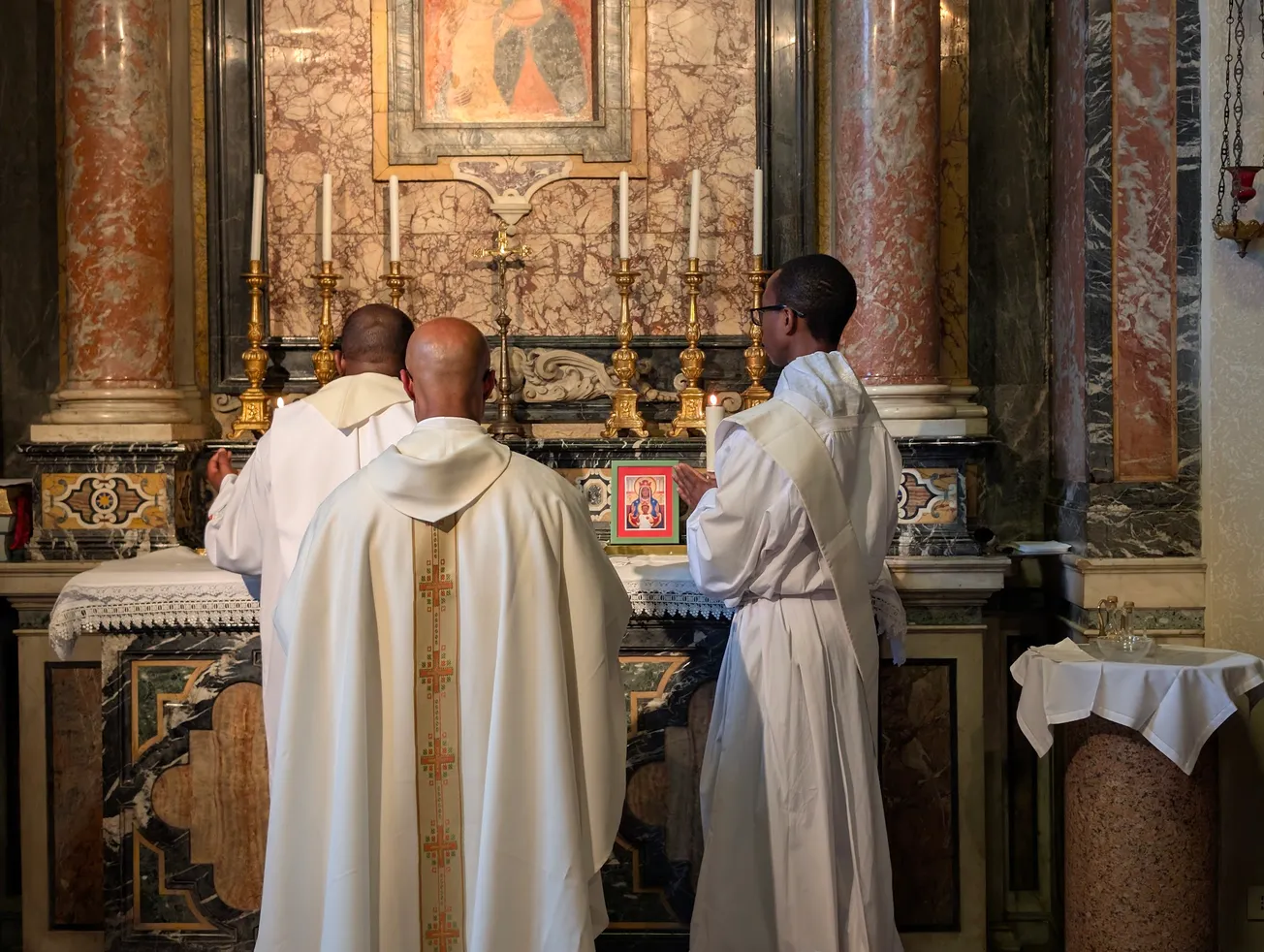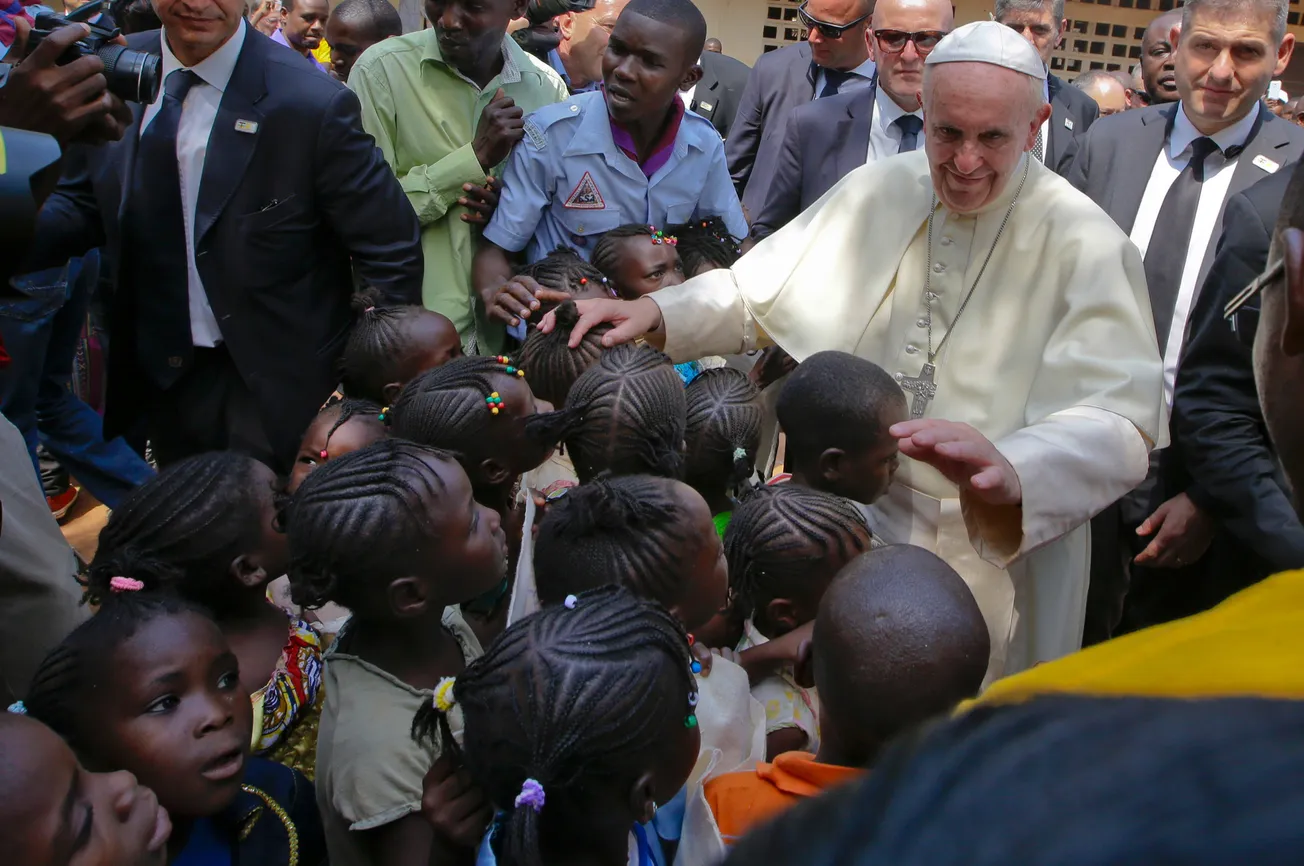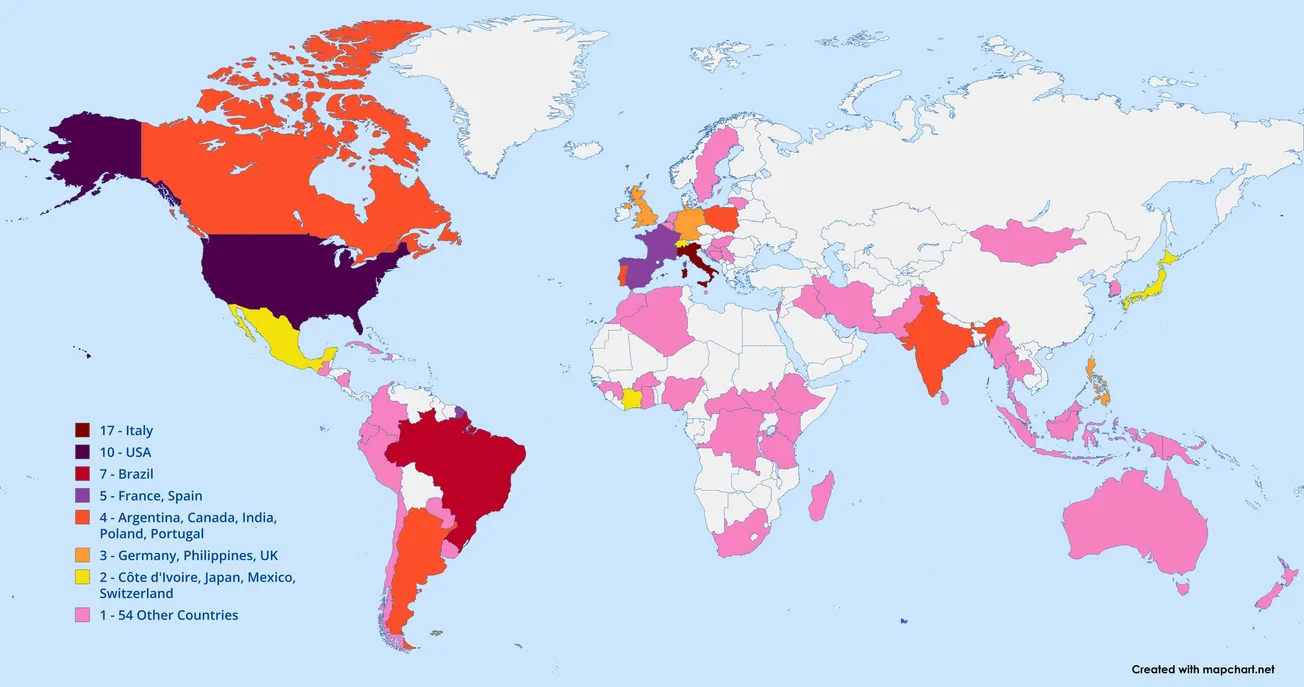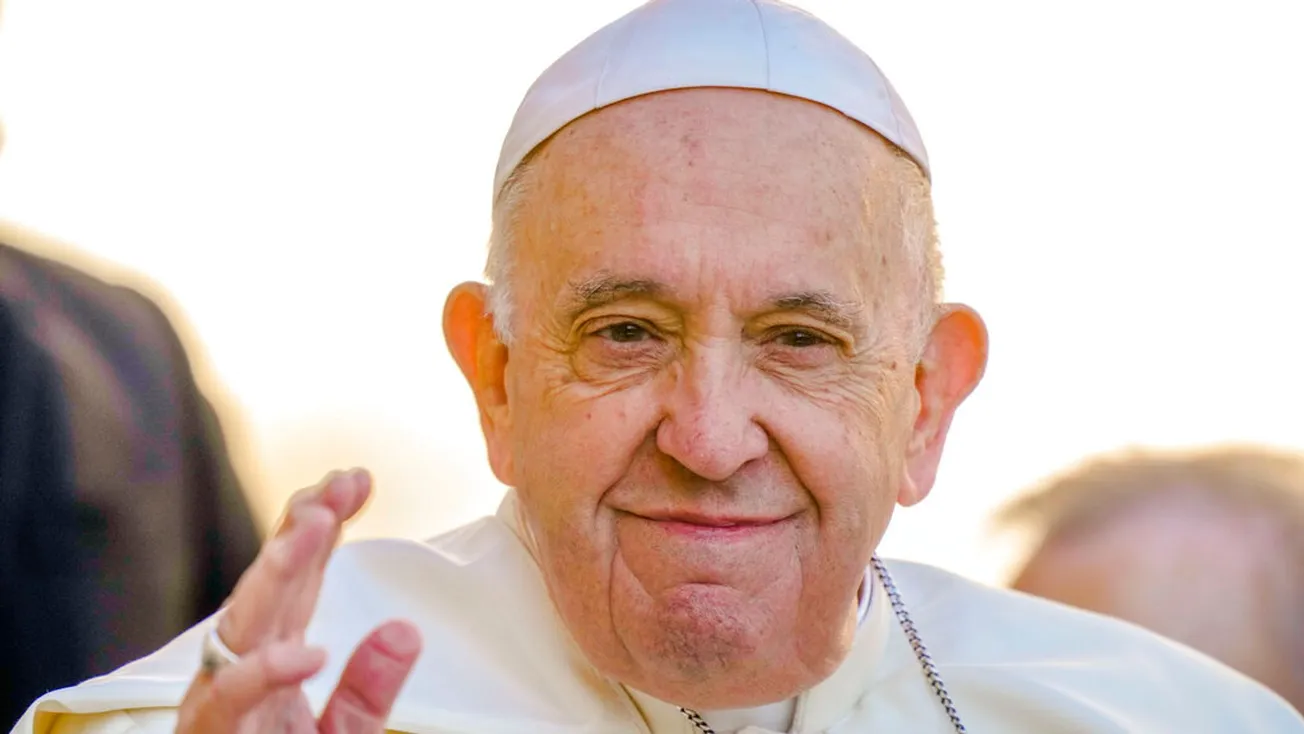An upcoming virtual lecture series this October will center on “Uncovering Black Society in 19th Century Florida,” a topic intimately connected to the history of Black Catholicism in the United States.
The four-event Sally A. Kellogg Lecture Series features scholars and historians specializing in the Spanish colonial era and its aftermath. It is being presented by the Ximenez-Fatio House Museum, a historic site in St Augustine, Florida—the oldest city in the contiguous United States and the cultural center of what was once known as Spanish Florida.
“We will further explore the lives of early black Floridians and learn more about some of the invisible hands portrayed in our annual program,” the organization said in an announcement on July 1.
Co-sponsored by the National Society of Colonial Dames of America, the series will serve as a follow-up to “I Lived Here, As Well,” an in-person event exploring the histories of enslaved Africans who lived in the Ximenez-Fatio House itself, which dates back 223 years.
St Augustine itself, founded in 1565 by Spanish settlers, marked the first long-term settlement of Europeans in what would become the mainland United States—including its first community of Black Catholics, made up of both enslaved and free persons. The city would later be flooded with escapees from slavery in Britain's Thirteen Colonies, following a royal Spanish edict in 1693 that declared “La Florida” a safe haven for those fugitives willing to convert to Catholicism and perform military service.
The first lecture in the Kellogg Series, on October 3, will feature the chief academic expert on that community, Dr. Jane Landers of Vanderbilt University. Her work includes the groundbreaking text “Black Society in Spanish Florida” and service on the team behind the late 20th-century rediscovery of Fort Mose, where St Augustine’s Black community was relocated to in 1738—making it the first free Black town in what would become the Unites States.
(The Kellogg Series will coincide with the annual meeting of the Fort Mose Historical Society, which is scheduled for an in-person gathering on October 13th.)
Brazilian-American scholar Alcione Adams will present on October 10th covering the life of Luis Fatio Pacheco, an enslaved Catholic Afro-Spaniard who famously (and unwittingly) assisted the Indigenous during the Second Seminole War. Dr. Anthony E. Dixon of Valencia College will present a week later, also on the Seminole Wars, covering the phenomenon of Maroon communities made up of the formerly enslaved who allied and intermixed with the Seminole people.
The final event in the series, on October 24th, will feature modern griot James Bullock and Caribbean-American culinary historian Charmin Russell on the cooking traditions of 19th century Black Florida. Both Russell and Bullock participated in the “I Lived Here, As Well” series earlier this year.
Each event in the Kellogg Series will take place over Zoom at 7pm ET. Registration is available online and starts at $15 per lecture if purchased together as a package; individual lectures are $17.98. All proceeds will go to support the “Save Our Coquina” fund, which supports the operations of the Ximenez-Fatio House Museum.
Additionally, the organization has announced that lectures in the “I Lived Here, As Well” series will resume in-person in early 2023.
Nate Tinner-Williams is co-founder and editor of Black Catholic Messenger, a seminarian with the Josephites, and a ThM student with the Institute for Black Catholic Studies at Xavier University of Louisiana (XULA).




